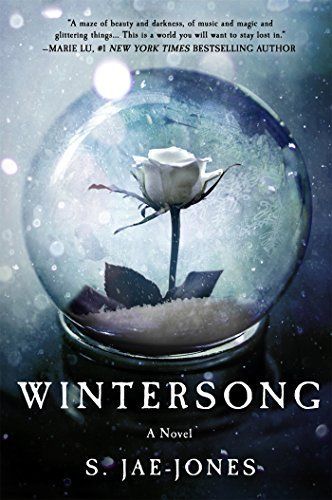Reviews
Marcy Pursell @mpursell21
Annika Arguemore@arguemore
Vicky (A City Girl's Thoughts)@acitygirlsthoughts
dija@dija
Shay Henrion@shaysbookshelf
Nicole Dykeman@holobookthief
Stephanie Ridiculous@stephanieridiculous
Livia@livinginsolitude
Campbell Berry@c_berry
Celeste Richardson@cecereadsandsings
Mary Rose Luksha@mayroundstone
Morgan@legendarym
Nicole Lambert@nerdcoleture
Kayla Roy@royreadingco
Christian Huss@curiousquill
Lila Harrison@hardcoverhaven
Becky@afoolsingenuity
Emily Ines 🤍@alvisart
Jocelyn Poh@jocelynp
soph@queeraxolotl
Sheila Goicea@foalsfictionandfiligree
Aleena Korell@aleena
María Belén@mbferreyra
Stephanie V. Sather@snowdove18
Highlights
Caroline Clutterbuck Kapulkin@pastryghost
Page 403
Caroline Clutterbuck Kapulkin@pastryghost
Page 283
Caroline Clutterbuck Kapulkin@pastryghost
Page 226
